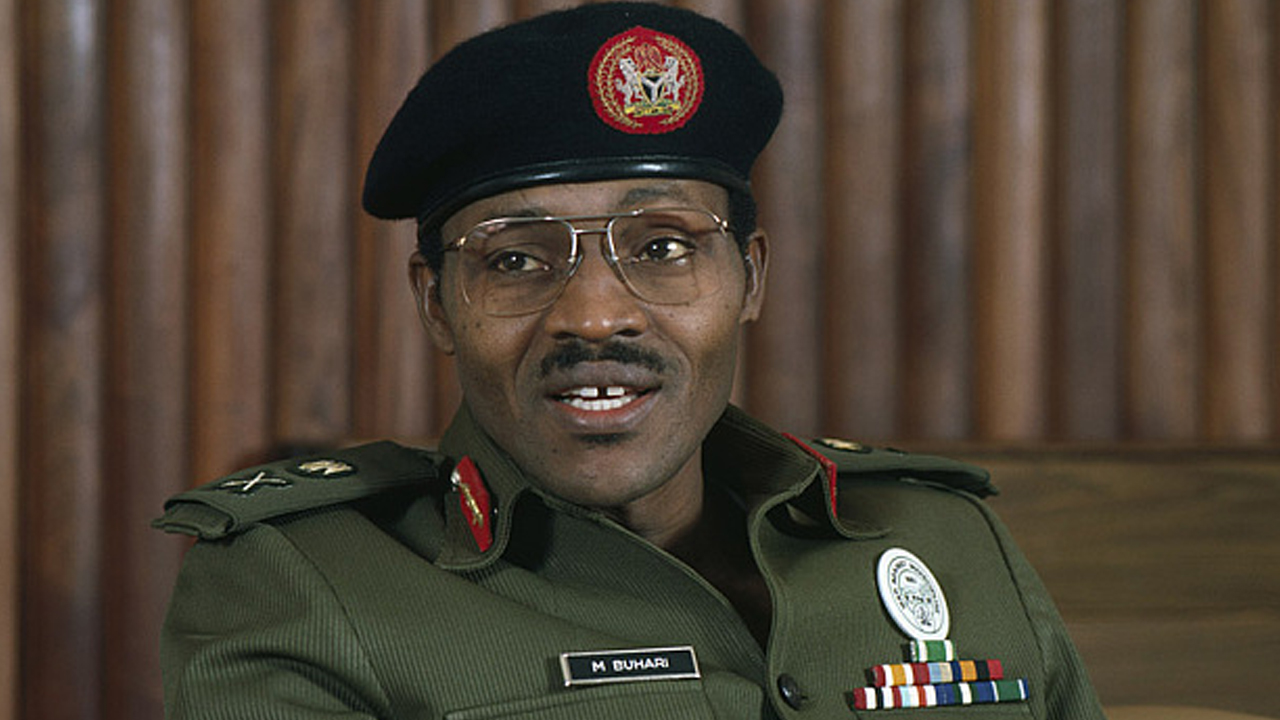Muhammadu Buhari at 82: A Legacy that Shaped Nigeria

Muhammadu Buhari at 82: A Legacy that Shaped Nigeria
Zaharaddeen Ishaq Abubakar, Katsina Times
Muhammadu Buhari, Nigeria’s former president who served as both a military and civilian leader, marks his 82nd birthday this month. Buhari’s leadership, often analyzed and debated, is marked by notable achievements and controversies that shaped Nigeria's political landscape.
Who is Muhammadu Buhari?
Born on December 17, 1942, in Daura, Katsina State, under British colonial rule, Muhammadu Buhari lost his father at the tender age of four, leaving his upbringing in the care of his mother. Buhari attended Mai’adua and Daura Primary Schools, later moving to Katsina Middle School and Katsina Provincial Secondary School. His military career began in 1961, where he quickly rose to prominence within Nigeria’s armed forces.
The Military Era (1983-1985): Leadership and Challenges
Buhari assumed power through a coup on December 31, 1983, ousting the civilian government of Shehu Shagari. His administration prioritized anti-corruption, national security, and economic reforms but faced significant criticism for authoritarian tendencies, including:
- Suppression of Free Speech: Decree 4 empowered the government to punish journalists for publishing “false reports.”
- Detention Without Trial: Politicians and activists were detained without judicial processes.
- War Against Indiscipline (WAI): While aimed at fostering societal order, the campaign’s rigid enforcement drew public resistance.
Buhari’s military rule ended in August 1985 following a coup led by General Ibrahim Babangida.
Return to Democracy: Buhari’s Leadership in 2015
After decades in politics, Buhari made history in 2015 by defeating incumbent President Goodluck Jonathan, marking Nigeria’s first peaceful transition of power between ruling parties. Re-elected in 2019, his administration focused on anti-corruption, infrastructure development, and security, albeit with mixed reactions.
Achievements
- Anti-Corruption Drive: Buhari introduced the Treasury Single Account (TSA), curbing government fund mismanagement and increasing transparency.
- Infrastructure Development: His administration launched projects in road construction, rail lines, and power generation.
- Security Measures: Initiatives such as relocating the military headquarters to Maiduguri were implemented to combat Boko Haram.
Challenges
Despite notable efforts, his tenure was marred by controversies and failures, including:
- Human Rights Violations:
- Zaria Massacre (2015): Military forces killed hundreds of Shiite IMN members.
- EndSARS Protests (2020): Youth protests against police brutality escalated into violence, notably the Lekki Toll Gate shooting.
- Security Issues: Insecurity worsened with increased bandit attacks, kidnappings, and violent farmer-herder conflicts.
- Economic Decline: From 2016 onward, Nigeria’s economy faced severe challenges, including recession, high unemployment, and rising inflation.
Buhari’s Legacy at 82
As Muhammadu Buhari turns 82, his legacy remains a subject of intense debate. Supporters applaud his fight against corruption and efforts to develop infrastructure, while critics highlight his failures to address security crises, economic instability, and human rights concerns. Incidents like the Zaria massacre, inadequate handling of EndSARS, and military errors, such as strikes on displaced persons in Maiduguri, continue to draw scrutiny.
Buhari’s journey, spanning military and democratic leadership, stands as a significant chapter in Nigeria’s history—a mix of achievements, unfulfilled promises, and enduring challenges.

